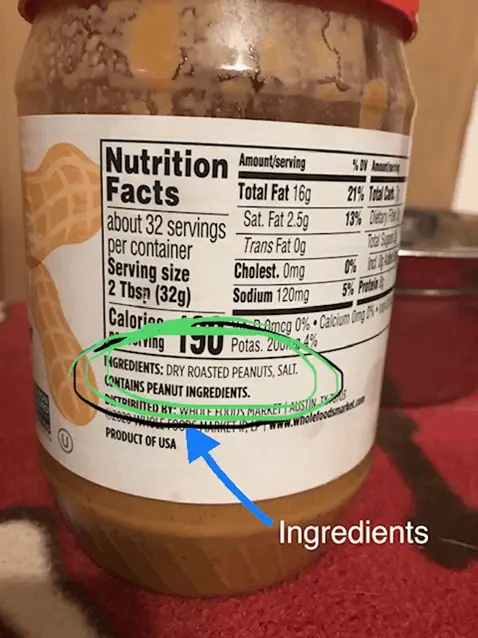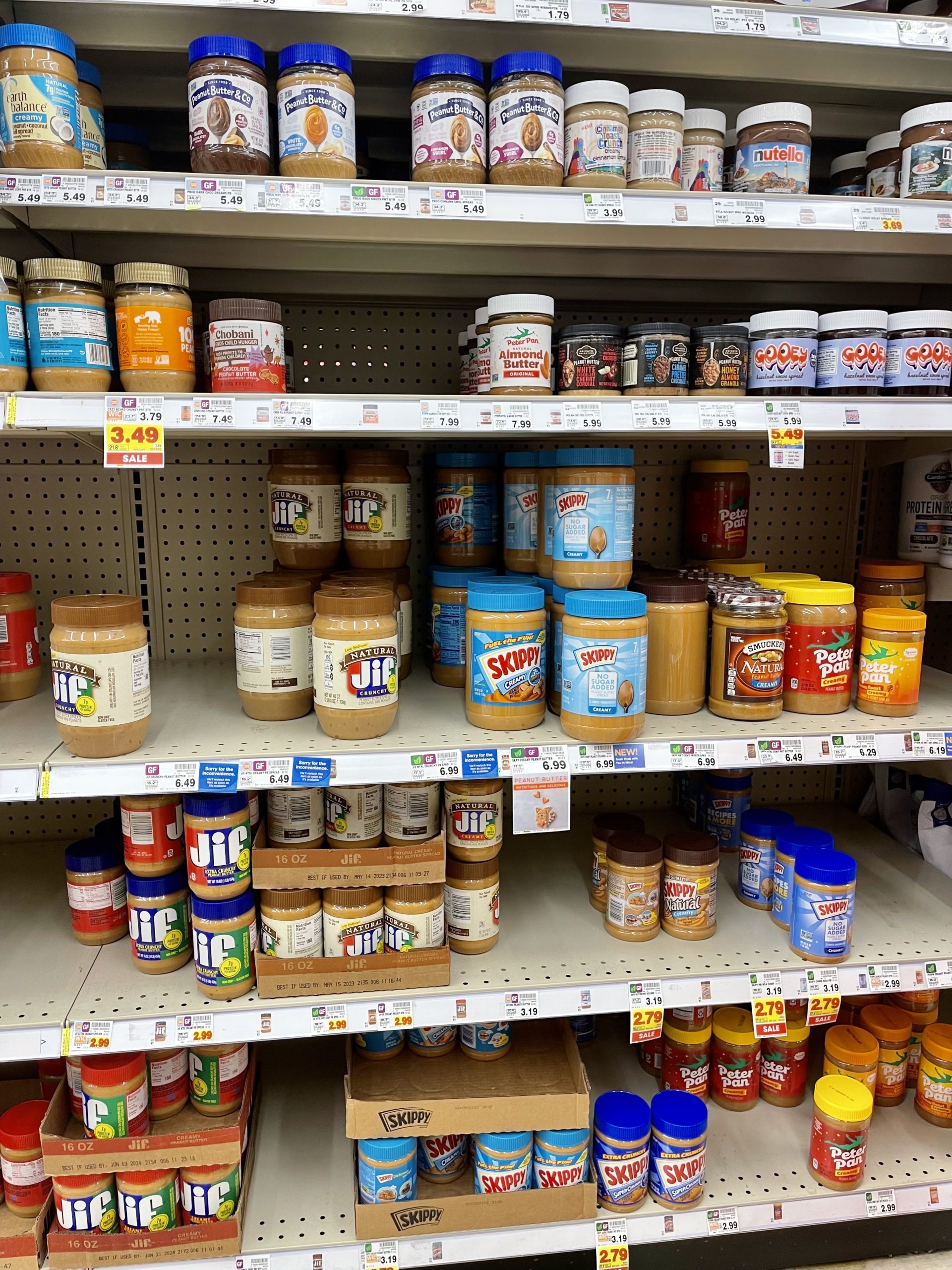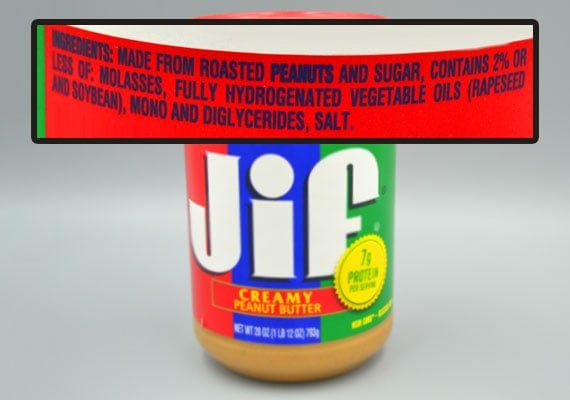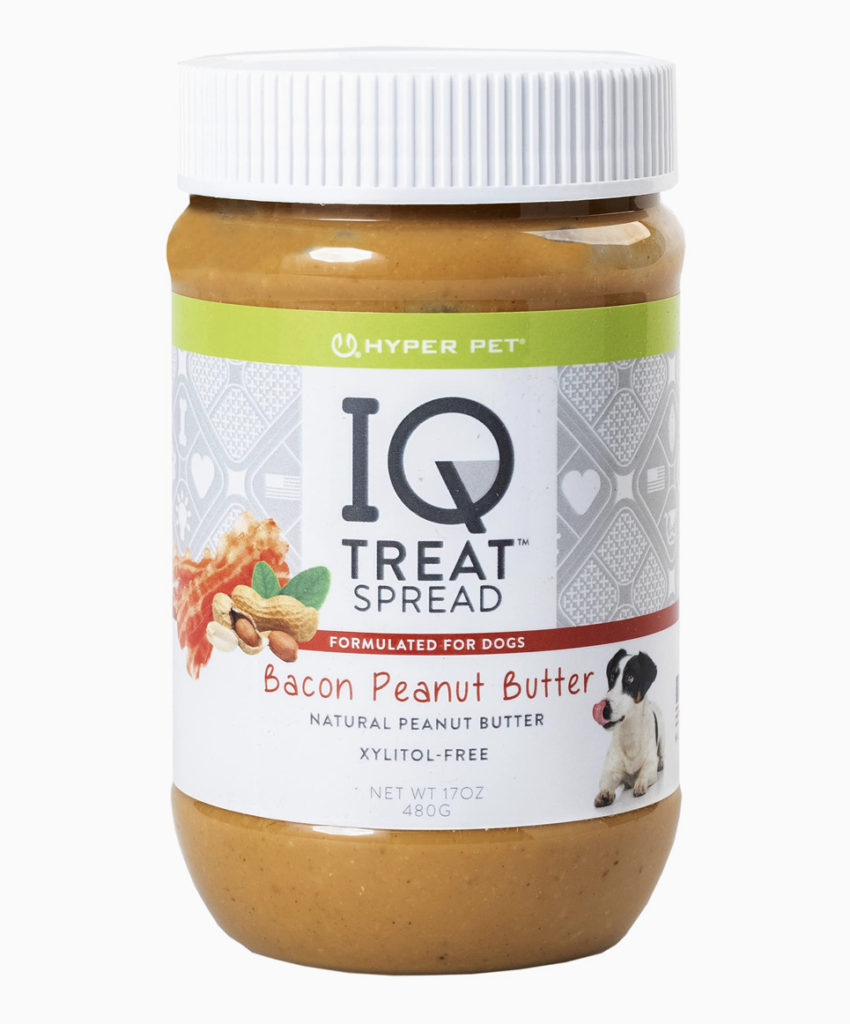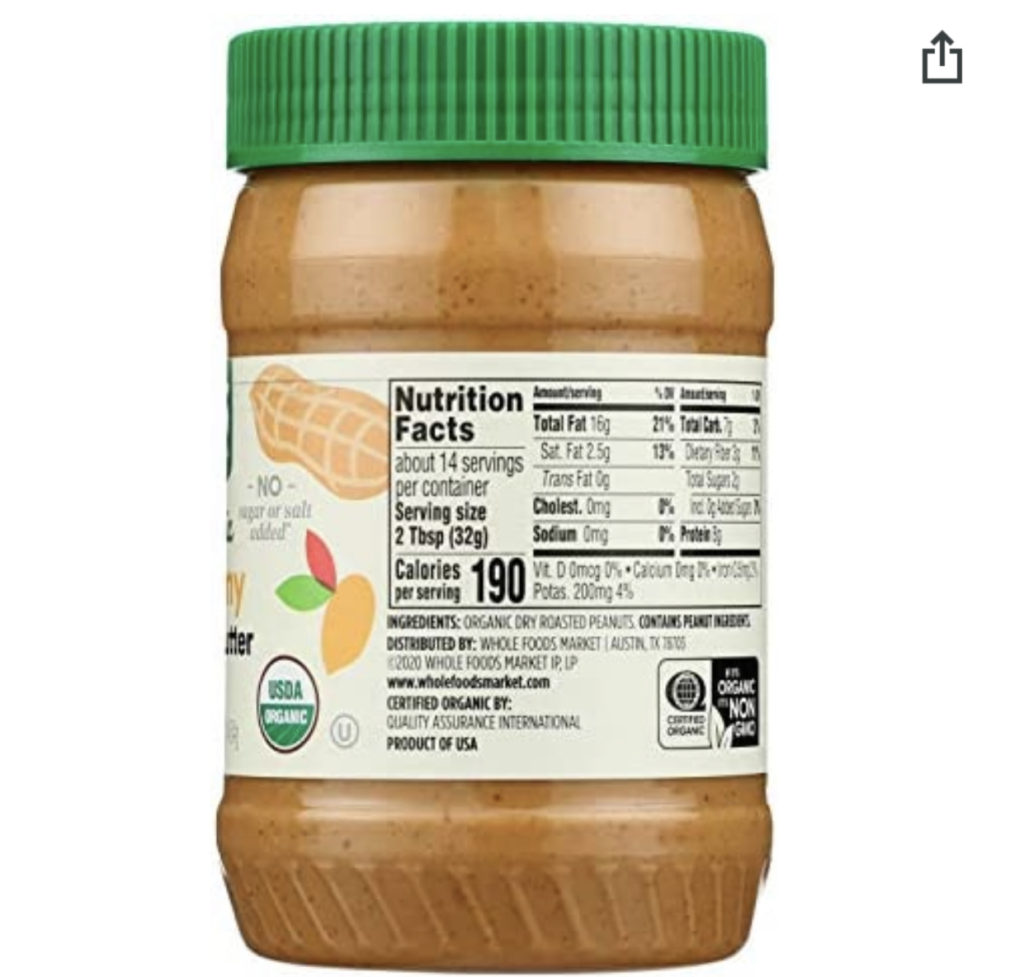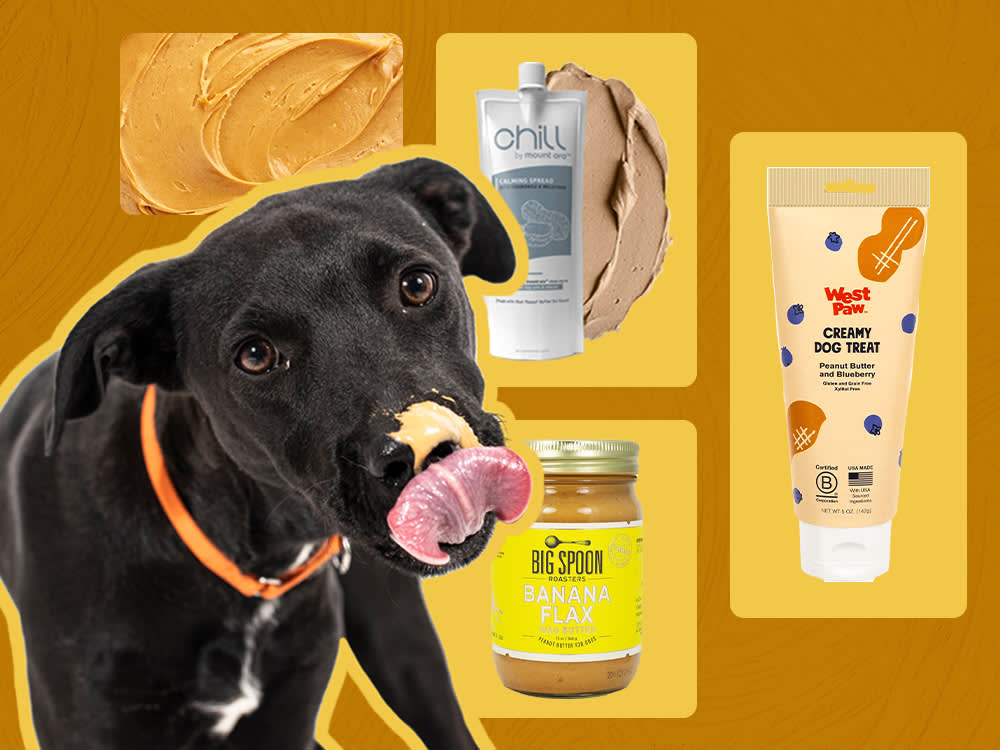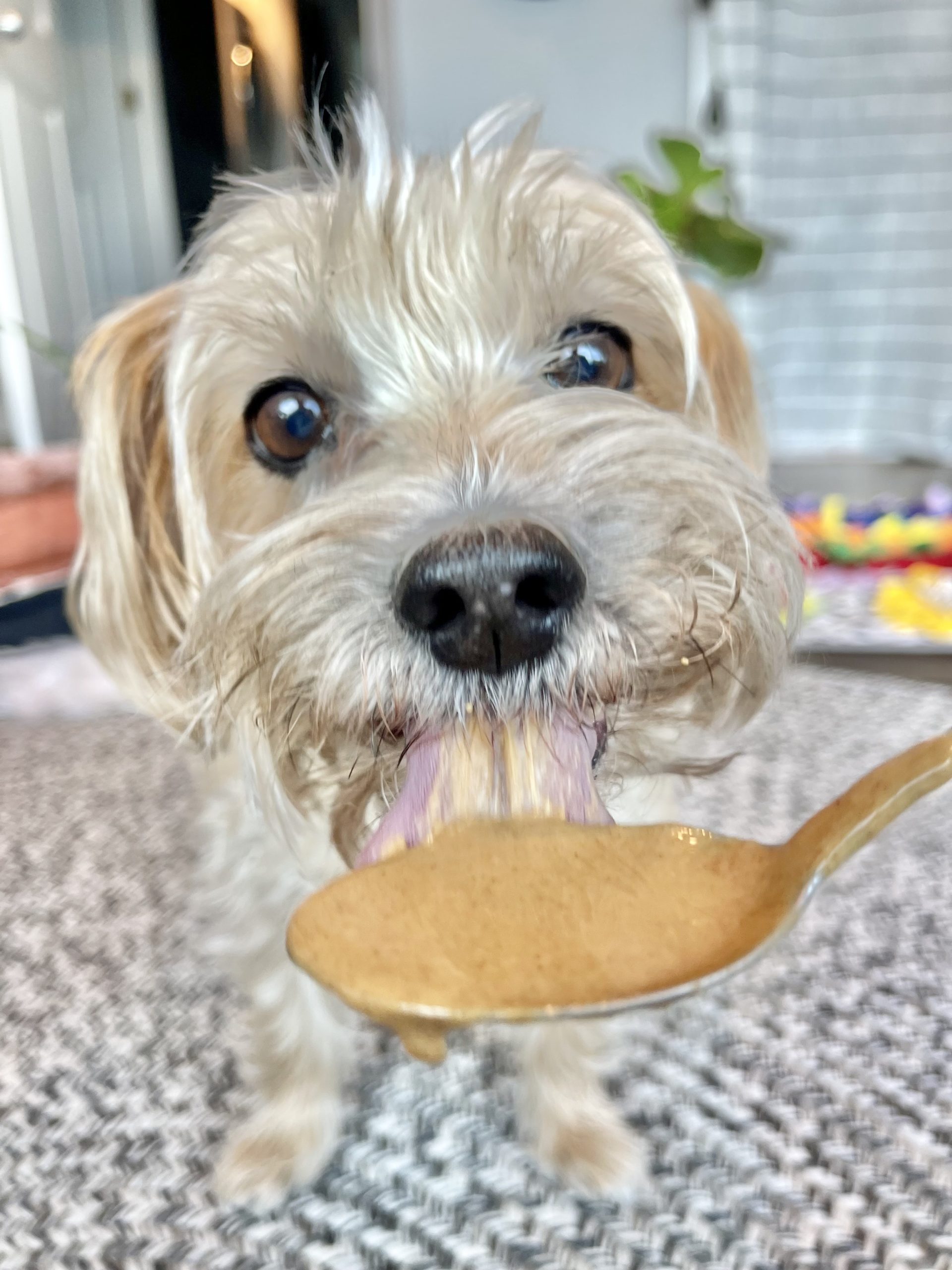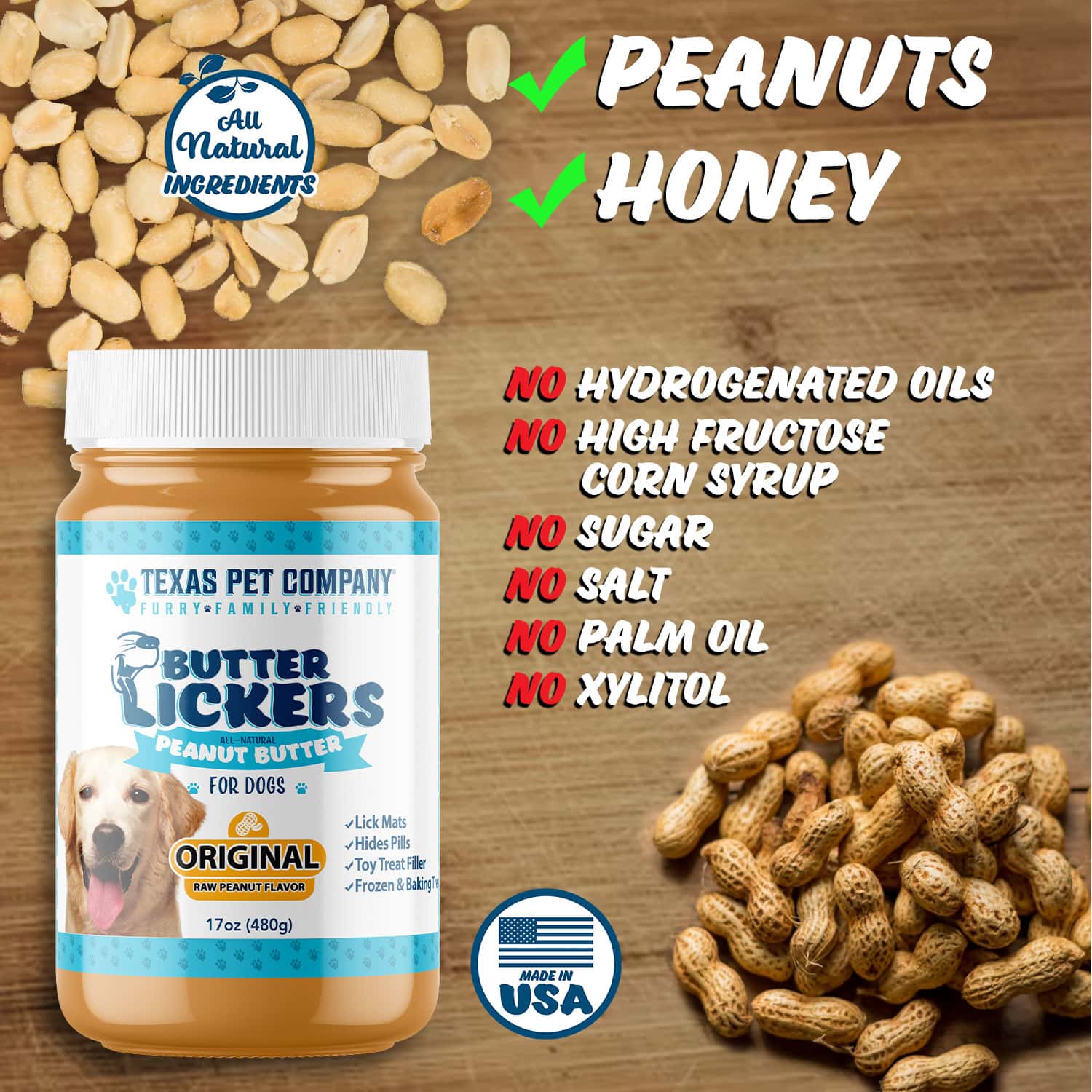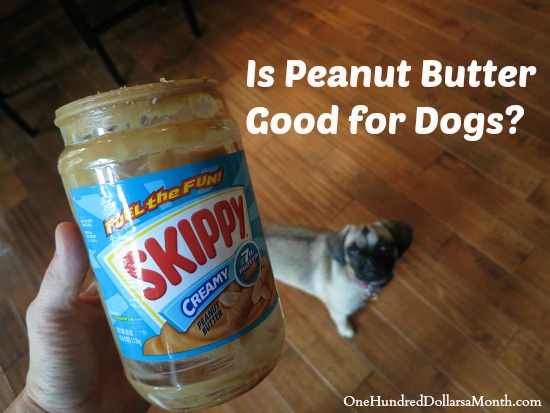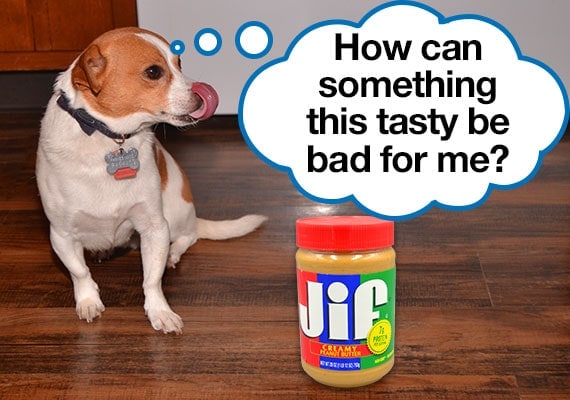What Peanut Butter Brands Are Safe For Dogs

The afternoon sun dripped through the kitchen window, illuminating swirling dust motes as a golden retriever named Gus sat expectantly, eyes fixed on the jar in my hand. The unmistakable aroma of peanut butter filled the air, a siren song to any canine with a pulse. But before that coveted spoonful could be offered, a crucial question hung in the balance: was this particular brand safe for my furry friend?
Navigating the world of dog-friendly peanut butter can feel like traversing a minefield. While peanut butter can be a delicious and protein-packed treat for dogs, certain brands contain xylitol, a sugar substitute that is highly toxic to canines. This article aims to provide a comprehensive guide to identifying safe peanut butter brands for your beloved dogs, ensuring their treats are both enjoyable and harmless.
The Xylitol Scare: Understanding the Risk
Xylitol is an artificial sweetener commonly found in sugar-free gums, candies, and, increasingly, peanut butter. It's harmless to humans, but for dogs, even small amounts can cause a rapid drop in blood sugar (hypoglycemia) and liver failure.
According to the FDA (Food and Drug Administration), even seemingly small amounts of xylitol can be deadly to dogs. This is why diligent label reading and a cautious approach are crucial when choosing a peanut butter for your canine companion.
Decoding the Label: What to Look For
The first and most important step is to meticulously scrutinize the ingredient list. Make sure xylitol is nowhere to be found. Even if the packaging boasts "natural" or "healthy," always double-check the ingredients.
Pay close attention to all variations of the name “xylitol”. If the label is ambiguous or unclear, it is best to err on the side of caution and choose a different brand.
Beyond Xylitol: Other Considerations
While xylitol is the primary concern, there are other ingredients to be mindful of. High levels of sugar, salt, or artificial additives aren't ideal for your dog's health.
Ideally, you should look for peanut butter with a short, simple ingredient list: peanuts and perhaps a little salt. Avoid brands with added oils, sugars, or preservatives.
Safe Peanut Butter Brands: A Starting Point
Several brands are generally considered safe options, provided you always verify the ingredient list on the specific jar you're purchasing. Manufacturing processes can change, so it's essential to check every time.
Some popular and widely available options include:
- Smucker's Natural Peanut Butter: This brand typically contains only peanuts and salt.
- Crazy Richard's 100% Peanut Butter: This is another brand known for its simple, two-ingredient formula.
- 365 Everyday Value Organic Peanut Butter (Whole Foods Market): This option is usually made with organic peanuts and salt.
It's crucial to remember that this list isn't exhaustive, and product formulations can change. Always read the label!
DIY Peanut Butter: A Surefire Solution
If you want to be absolutely certain about the ingredients in your dog's peanut butter, consider making your own. It's surprisingly easy and allows you to control everything that goes into it.
Simply blend roasted, unsalted peanuts in a food processor until smooth. You can add a pinch of salt if desired, but it's entirely optional.
Homemade peanut butter can be stored in an airtight container in the refrigerator for several weeks.
Consulting Your Veterinarian: When in Doubt, Ask
If you have any concerns or questions about which peanut butter is safe for your dog, don't hesitate to consult your veterinarian. They can provide personalized recommendations based on your dog's individual needs and health history.
Your vet can also offer advice on appropriate portion sizes and frequency of giving peanut butter to your dog, as even safe peanut butter should be given in moderation.
The Importance of Moderation
Even when you've found a safe peanut butter option, remember that moderation is key. Peanut butter is high in fat and calories, so it should be given as a treat, not a meal replacement.
Too much peanut butter can lead to weight gain and other health problems. A small spoonful or two is usually sufficient for most dogs.
What to Do If Your Dog Ingests Xylitol
If you suspect your dog has ingested xylitol, it is crucial to seek immediate veterinary care. Time is of the essence in these situations.
Symptoms of xylitol poisoning can include vomiting, weakness, staggering, seizures, and coma. Don't wait for symptoms to appear; contact your vet or an emergency animal hospital immediately.
The Takeaway: Informed Choices for Happy Paws
Providing our dogs with safe and enjoyable treats is a fundamental part of responsible pet ownership. By taking the time to educate ourselves and carefully examine product labels, we can ensure that our furry friends can enjoy the simple pleasure of peanut butter without any risks.
The journey to find safe peanut butter might require a little extra effort, but the wagging tails and happy licks are well worth it. So, the next time you reach for that jar, remember to be vigilant, informed, and always put your dog's health and safety first.
As for Gus, after carefully verifying the label on a new jar of Crazy Richard's, a small dollop was offered. The tail wags were a blur, and the happy sigh that followed was a testament to the simple joy of safe and delicious peanut butter.
